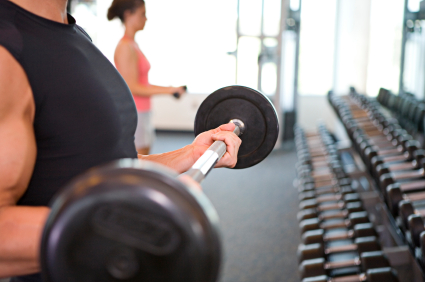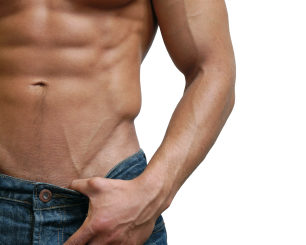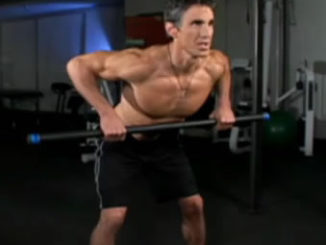
As you get started with your workout program, one exercise that you should make sure you’re adding to the mix regularly if you want to see optimal results is the barbell curl. The barbell curl is going to be a primary bicep builder and is a must for anyone who is looking to gain strength and muscle size.
In order to receive the most benefits possible from this exercise, it’s important that you understand a few key pieces of information regarding the movement.
Let’s go over the primary things to remember about the barbell curl.
How To Correctly Perform The Barbell Curl
To correctly perform this movement, you’ll want to grasp a barbell with the hands slightly wider than shoulder width apart. The knees should be slightly bent with the feet a little wider than hip width so that you have good balance and are firmly supported.
Once you’re in this position, keeping the stomach tight so that you don’t start to sway your back and you do keep the spinal column in proper alignment, begin to curl the weight upwards towards the chest.
Pause when your elbows are fully bent and then lower all the way back down once again. Make sure while doing this that you aren’t letting momentum carry you through the exercise, so avoid swinging the weight upwards.
This will ensure that you place a maximum amount of tension on the bicep muscle where it should be.
The Muscles Worked During The Barbell Curl
When considering the primary muscles that will be worked during the barbell curl, due to the fact it is an isolation exercise, you’re going to be mostly targeting just the biceps muscle.
You will also work the brachialis muscle and may also cause the front deltoid to get called into play to a very small degree. Depending on the grip you use, which we’ll get to below, you may also work the forearms as well.
Different Grips of The Barbell Curl
Which now leads us into discussion about the different grips that can be used while performing the barbell. The underhand grip is the most common and will place the greatest load on the biceps muscle; however you can use a reverse grip as well, which will put more of the emphasis on the forearm muscles.
In addition to that, you can also widen your grip so that you’ll place a different angle of stress on the bicep muscle as you curl the weight upwards.
Remember that even slight changes like this can help to prevent you from hitting a plateau, so make sure that these are all considered as you go about your workout program.
So there you have the primary things to note about the barbell curl. It’s a slightly better option for building lean muscle mass compared to the dumbbell curl, so one move that you’ll definitely want to give some consideration to.




Be the first to comment